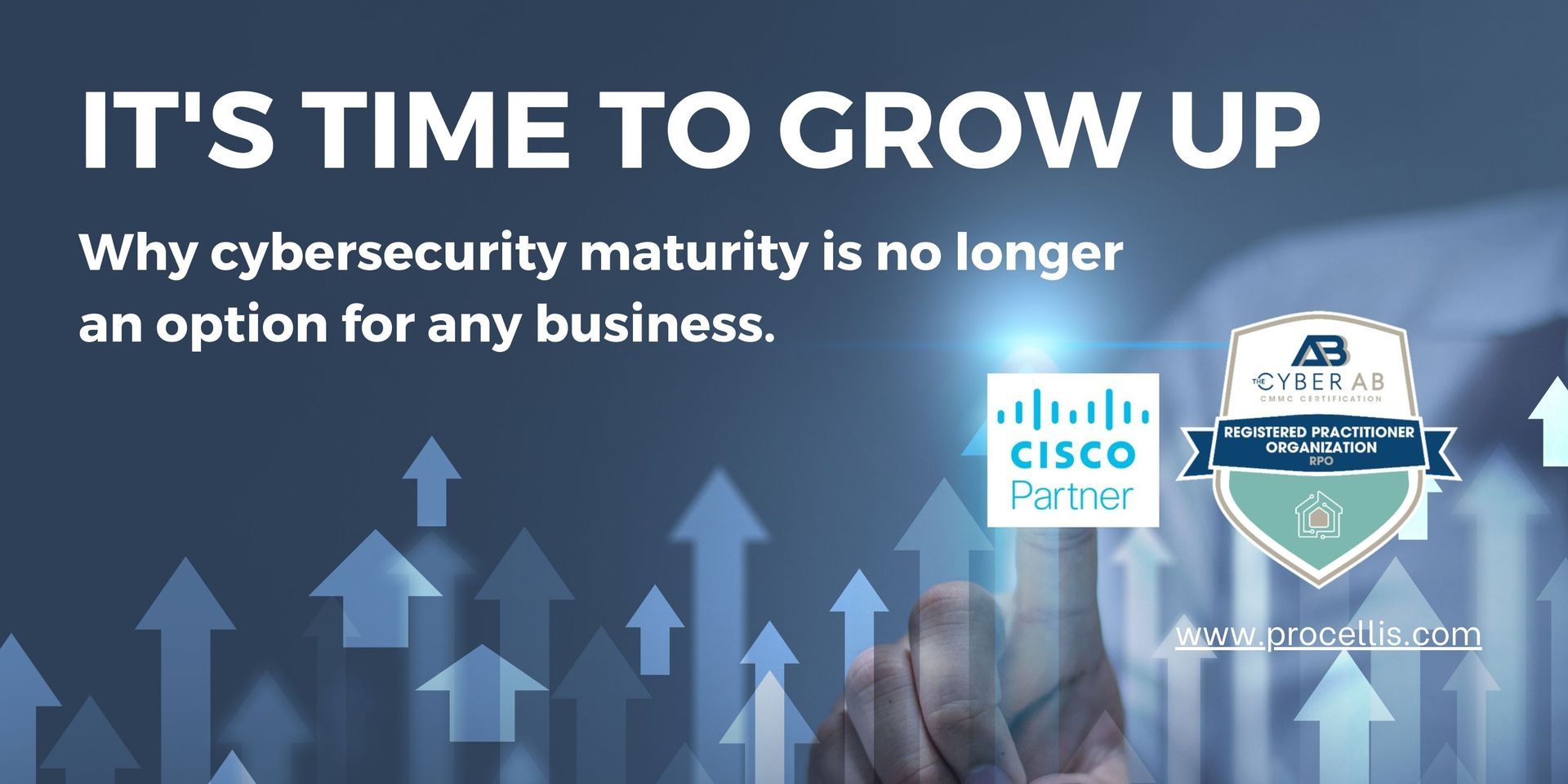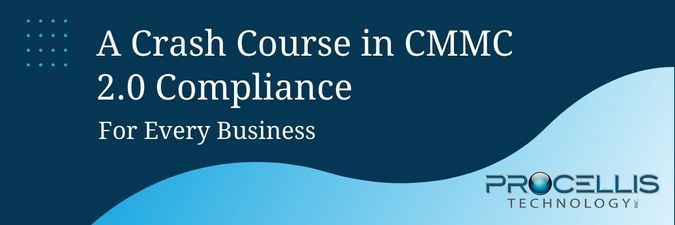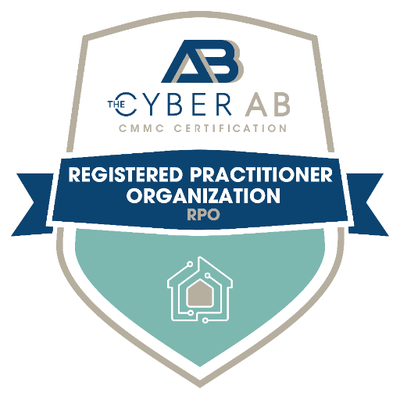Increasing threats, new legislation and customer expectations mean that not prioritizing cybersecurity is no longer an option.

Have you noticed how there are hundreds of cybersecurity solutions on the market, and yet data breaches happen every day? Is it that all the solutions out there are faulty? Probably not. Or that hackers have outwitted them all? Some, maybe. Or is it that, no matter how hard you try to cover all your bases, there are still gaps that you don’t know about or just don’t have the staff to cover? Bingo!
Many business leaders think cybersecurity is one of those “fix it and forget it” kinds of things, meaning it doesn’t get noticed on a regular basis. More savvy business leaders conduct self-assessments, but often award themselves a score that is much higher than what an auditor would, and think that they’re in good shape. Until something goes horribly wrong.
That’s when the frantic phone call comes in from a business owner desperately reaching out for help. “We’ve been attacked! Everything is gone!” Or “We just failed an audit, and our business is in serious trouble.” When it comes to cybersecurity, what you don’t know will hurt you.
Factors that contribute to cybersecurity failure
Bad actors
The rise of Ransomware-as-a-Service and ready-made exploitation kits have made it a boom time for hackers, and they don’t even need to be tech savvy, just have bad intentions. Did you know that cybercriminals can penetrate 93% of company networks? And many are targeting smaller businesses instead of large corporations because smaller businesses are less likely to have effective security infrastructure and the in-house security expertise required to combat attacks.
Complex technology infrastructure
The more devices, solutions, and applications you put into your IT environment, the more complicated and challenging it can be to effectively manage. With every technology added to your stack, there is an increase in data muddying the waters, making it harder for Security Operations (SecOps) teams to identify and respond to threats.
Talent shortage
And speaking of SecOps teams, they’re stretched thin, stuck in reactive mode with no time to put proactive measures in place to defend against existing and emerging threats or time to undergo the necessary training needed to stay current with industry threats and practices.
To avoid becoming another victim, you must embrace a continuous-improvement methodology for cybersecurity to proactively defend data, update policy, and assess incident response and recovery plans to ensure you have what it takes to stand firm against emerging threats. That’s cybersecurity maturity.
What is cybersecurity maturity?
Cybersecurity maturity is a measured assessment of your organization’s ability to maintain complete visibility and identify and respond to threats to your organization. Through annual assessments of your security practices and policies, you can get ahead of emerging threats and ensure you remain in compliance with your industry’s evolving standards, including CMMC 2.0, NIST CF, GLBA, ISO 27001, HIPAA, PCI-DSS, FERPA, state data privacy governance, and more. It also enables you to meet stringent cyber insurance requirements for eligibility.
Why cybersecurity maturity matters
From building robust policies, practices, integrated defense solutions, safe technology infrastructure ecosystems, and building the right collection of evidence of security artifacts, to staff awareness training, a lot goes into improving cybersecurity maturity. It takes time and resources that even large enterprises with dedicated SecOps team struggle with. It’s no wonder businesses have put maturity on the back burner. Sadly, as the number of threats increase, and emerging Federal compliance legislation and state-level data privacy and protection laws, it’s simply no longer an option for organizations of any size.
Organizations with stronger and more resilient cybersecurity programs are:
· Less likely to fall victim to ransomware attacks
· Less likely to see phishing attacks progress into full-scale data breaches
· Less likely to be damaged by insider threats
· Less likely to suffer reputation damage
· More likely to derive greater value from their investments in security technologies
· More likely to be awarded contracts
Cybersecurity failure is not an option
It can take years for your in-house security resources to ramp up their capabilities to advance your overall cybersecurity maturity. Even seasoned SecOps professionals could use the help of an elite coach when it comes to Compliance GRC (Governance Risk and Compliance) initiatives.
Procellis is here to help, not to judge. Our job is to help your team identify gaps and assist them in setting up the necessary policy, controls, and infrastructure to secure your business. We are a CMMC Registered Practitioner Organization (RPO) with Registered Practitioners and accredited security analysts and advocates committed to the resilience of your business and the support of your IT team.
Start your cybersecurity maturity journey today!
We will get back to you as soon as possible.
Please try again later.
You Might Also Like...
6820 Shingle Creek Parkway Suite 2 | Minneapolis, MN 55430






